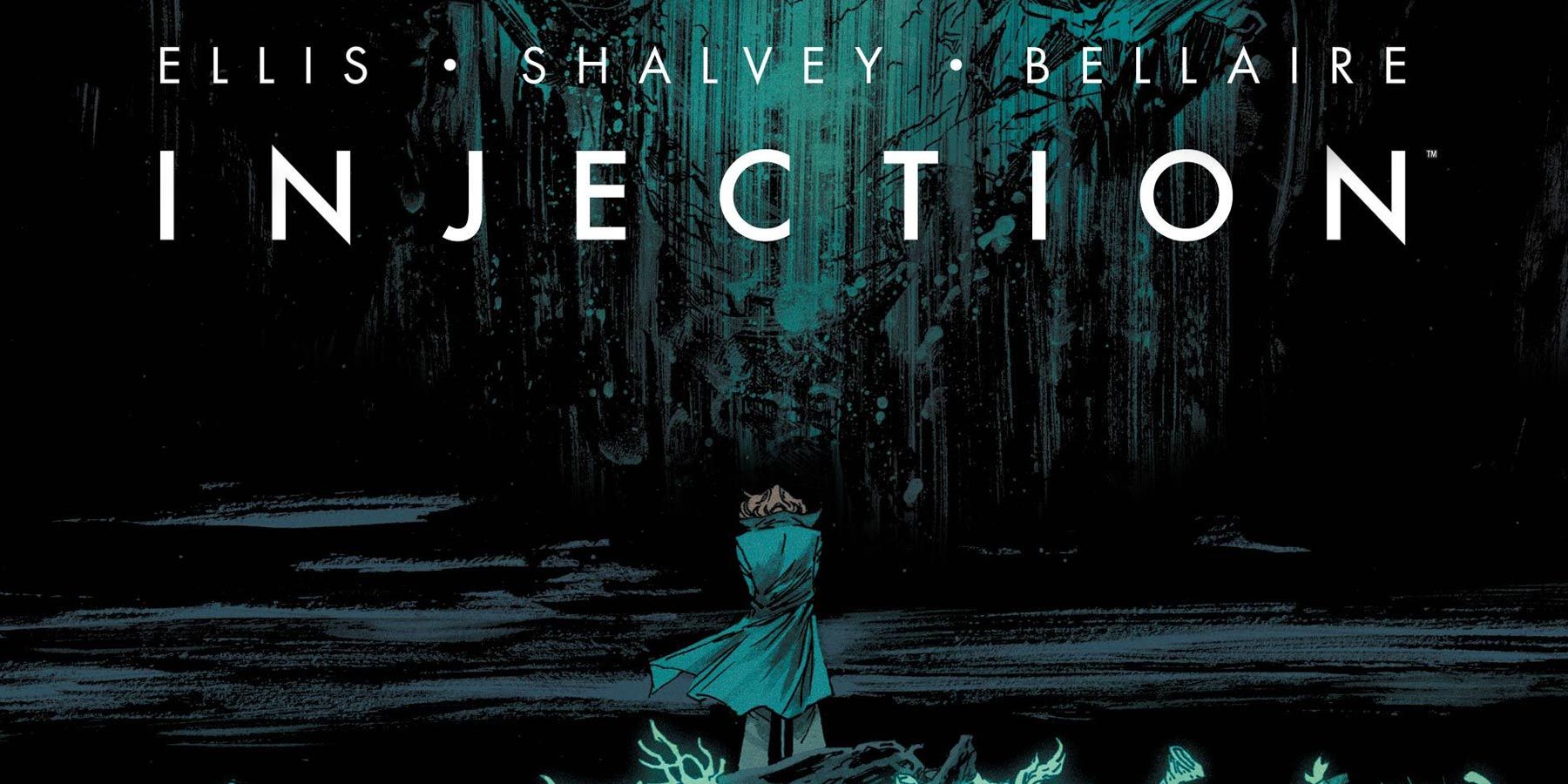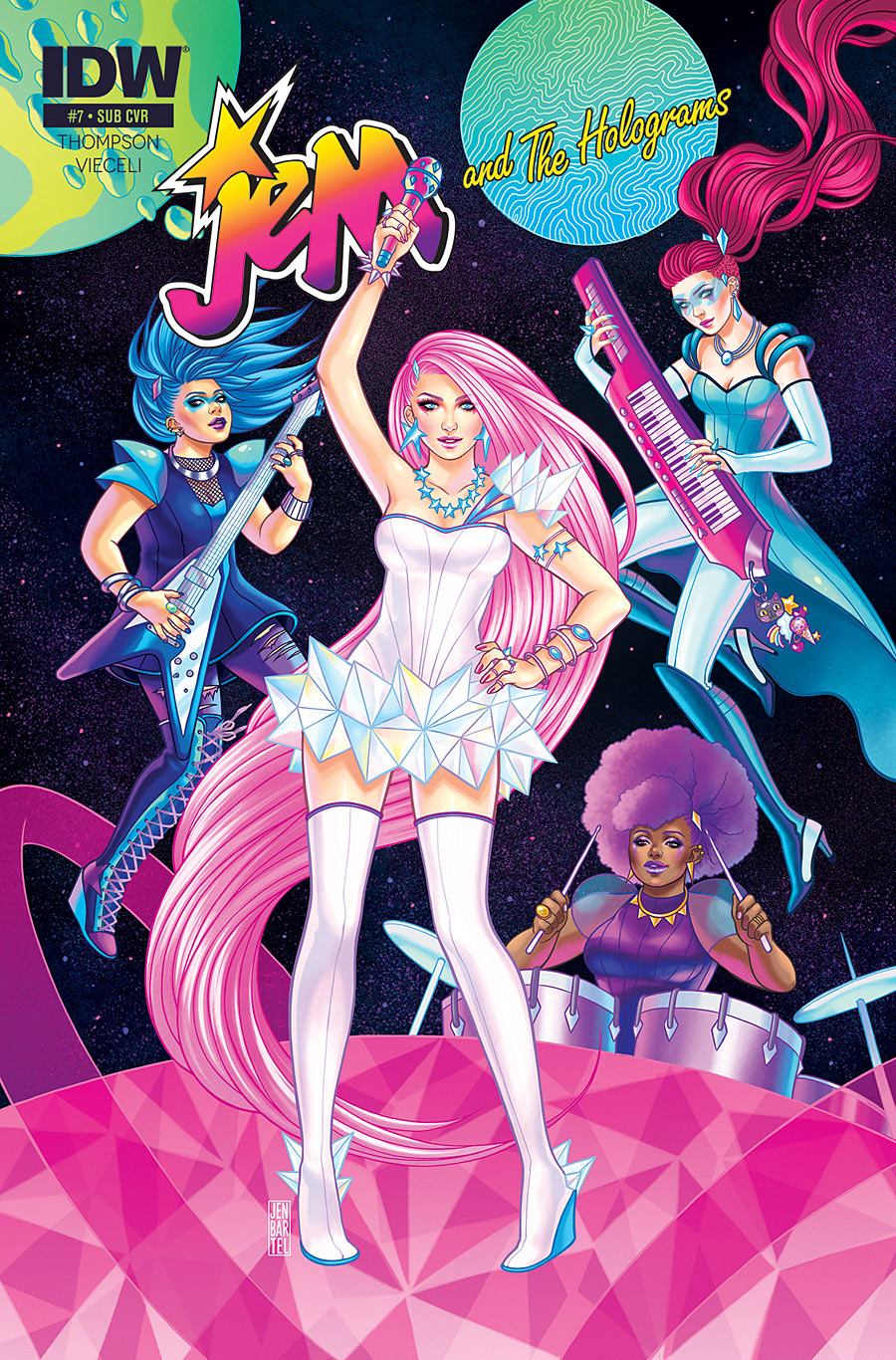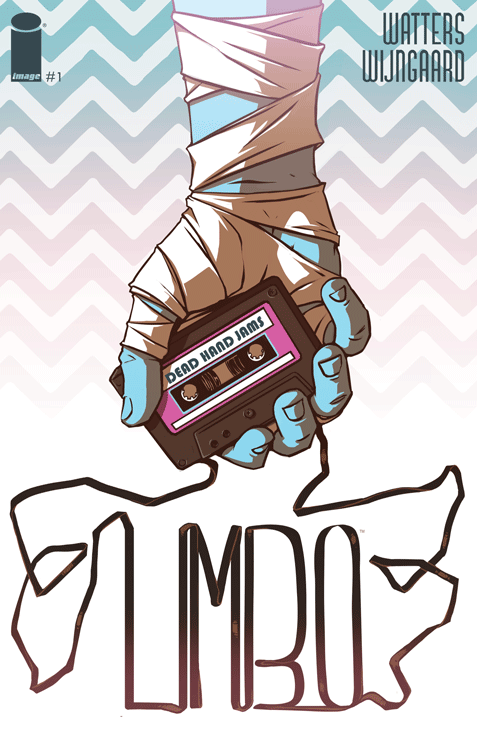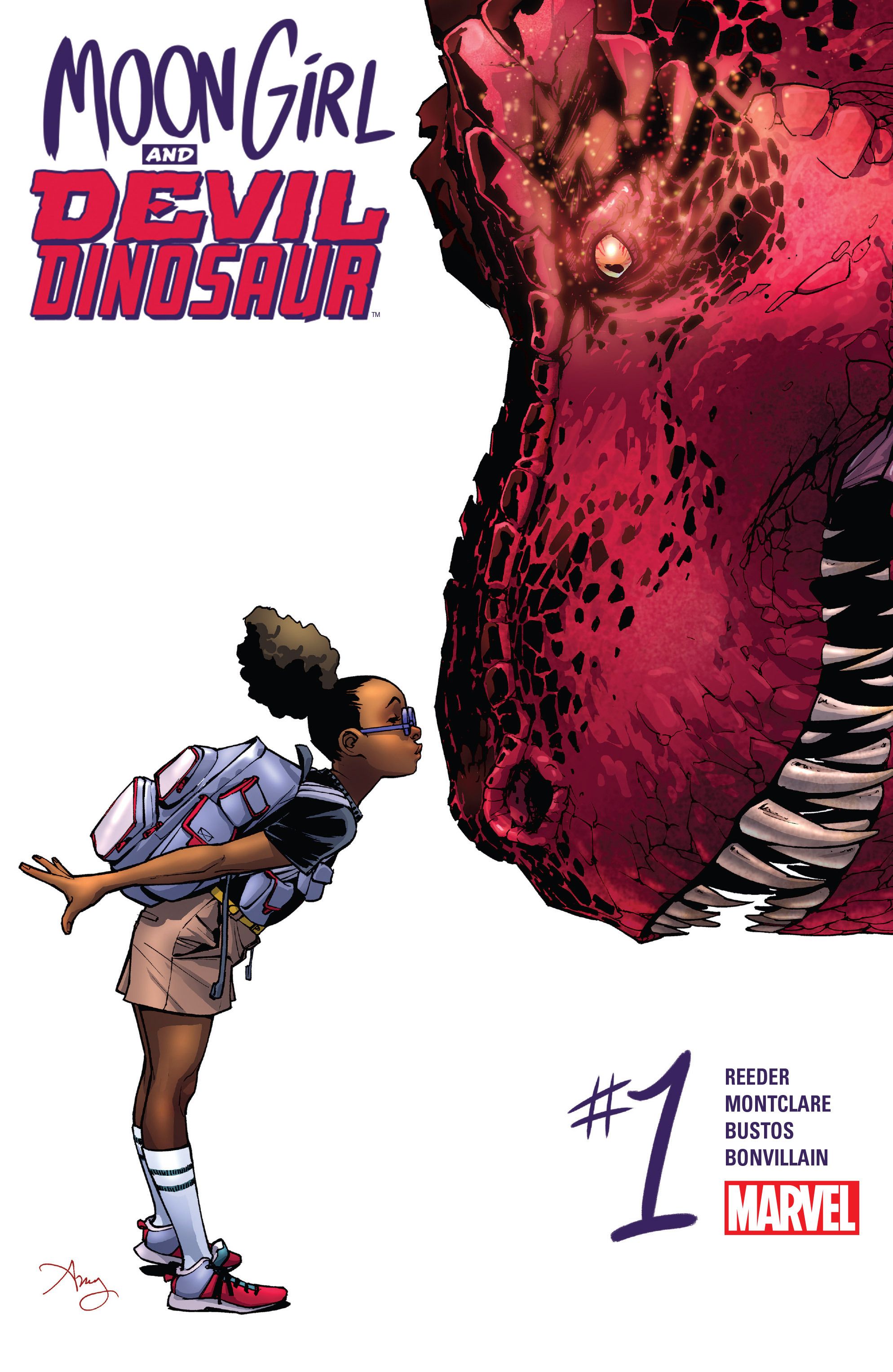Moderator Declan Shalvey took to the stage for one of the first events of New York Comic Con 2016: the #ArtCred panel. Shalvey opened by introducing the concept of #ArtCred as a whole. It was "a little old hashtag I started when I noticed in comics media that when people wrote about comic-book movies, they always referred to the property as 'Warren Ellis'...' or 'Mark Millar's…' rather than mentioning the artistic team as well." #ArtCred was something he started using as a way to note that the industry needs to be better at recognizing that comics are collaboratively made, and not a body of work solely from the mind of the person who wrote it. From big publications down, that mindset has trickled into the industry's way of thinking, where artists are forgotten and uncredited for their role in co-authoring comics.
Shalvey then introduced the panel, starting with Tom King, the sole writer on the panel. Going down the table, Shalvey then introduced David Brothers, branding manager for Image Comics, as well as artists Jen Bartel ("Jem and the Holograms") and Caspar Wjingaard ("Limbo"), and writer/artist Amy Reeder ("Moon Girl and Devil Dinosaur").
Shalvey noted that King was a writer who takes an interest in who he collaborates with, and has actively campaigned previously for colorist Jordie Bellaire to be brought onto the creative team for "Batman." "When you write a story, you are writing 20% of what the audience sees," King explained. "80% is in the hands of other people -- and it's frightening to give that control away. So the only control I can retain is to make sure that I have the best people to work with."
When DC approached him to write "Batman," he was in a position where Marvel/DC were both competing to sign him -- which gave him a level of power he could leverage. Knowing that David Finch was the artist, King felt sometimes the colorists over-rendered Finch's work, which dated the style of the art overall. He proposed adding Bellaire and letterer John Workman to the book, as they would really freshen things up -- and he got his way.
Bringing Brothers into the conversation, Shalvey noted that he is currently the editor for books at Image, including some of Ron Wimberly's upcoming series as well as "Lazarus," by Greg Rucka and Michael Lark. Brothers said the issues were different for Image, especially in the way they market a series. At other companies, they might market based on a character or property, but at Image, people are already coming to comics for the creators.
Shalvey, who currently works on "Injection" at Image with Warren Ellis, said he has advised other artists to see if they can make sure they work with big-name writers, who will help "pull them up" in name-awareness. Brothers noted, however, that sites like Amazon will always credit the writer as the "author" for the book, rather than crediting both members of the team.
Bartel told the audience about her background in illustration, with this being her first full year working in the comics industry. As a result, she's used to an industry where "the illustrator gets elevated more than the writer, sometimes, with picture books. Yet in comics, the artists are elevated to a point where the artists are forgotten."
In particular this happens for colorists, with Bartel stating, "To think how much work they put in, without credit, is amazing to me." Shalvey pointed out that Jordie Bellaire is credited on "Batman" but not on "Vision," despite the latter being one of the books she is proudest of working on. Bartel said it could be understandable if there was no room for two names -- "but how much space is an extra name on a book cover?"
Turning to Wjingaard, Shalvey asked how he's found his experience as a relatively new artist in the industry. Wjingaard said when "Limbo" was pitched to Image, his first move was to expect to not get credit. "If I color, design, and co-write the book, and have my name prominently next to the writer's name on the cover, it would be heartbreaking to not even be mentioned in the reviews, after months and months of work. I colored my work in an unusual way, to try and make sure I'd get that notice."
He went on to say, "With creator-owned books like this, there isn't always an editor at hand, and we work so carefully together, as writer and artist, to make this book. But reviewers don't know who does what -- they'd give all the credit to Dan, with one little line about, 'Oh, the colors were nice,'" The writer, Dan Watters, would email saying he was uncomfortable with sharing positive reviews where Wjingaard was not even mentioned.
Shalvey spoke next to Reeder, who is the artist on "Rocket Girl" but also co-writes and does the covers for "Moon Girl and Devil Dinosaur" with writer Brandon Montclare, whilst Natacha Bustos draws interiors. "It's funny," she told the panel. "I think I get more credit than Brandon, in some way. I think it's because my name is first on the cover." Shalvey suggested that everyone assumes the writer comes first -- so it throws people off when on books like "Saga," the creative team flip the position of their names from story-to-story. Brothers added that when he used to write for comic book websites, he'd sometimes make the conscious choice to flip names, like saying "Dave Gibbons' and Alan Moore's 'Watchmen.'"
Shalvey asked the panel, "What would help?" Reeder said she thought just talking about it online, like on Twitter, was a legitimate and useful way to generate awareness. King shared an anecdote about creating an issue of "Batman" with Mikel Janin. After doing an issue specially catered to Janin's style, he realized that the script only ran 12 pages -- essentially being Marvel-style in some cases. So he asked that he they both be credited as storytellers instead, only to get a note from his editors which said that he'd be paid less as a result. "I was being noble"! he joked to the audience, saying he accepted the pay cut.
Bartel said proper credit isn't as much a responsibility for readers so much as it is of reviewers and critics. Shalvey added that reaching out to websites has helped -- but that it was hard work to keep track of everything, especially when it should be as-standard to begin with.
Brothers added, "A lot falls on comics publishers as well. I would love for every book to have a standardized list on every single cover, and for their to be an industry-standard there." He said that journalists and publishers define the conversation right now. Shalvey followed up by saying he doesn't feel artists as a whole "hustle" the way writers do, with interviews and publicity for their work. He also said that artists "need to be more open with each other" about things like compensation, royalties, and the like.
"If you do see a book you really like, but people aren't crediting the artists -- then call it out," Shalvey declared. "If people think nobody cares, or is paying attention, then nothing will happen. Please, help us"!




